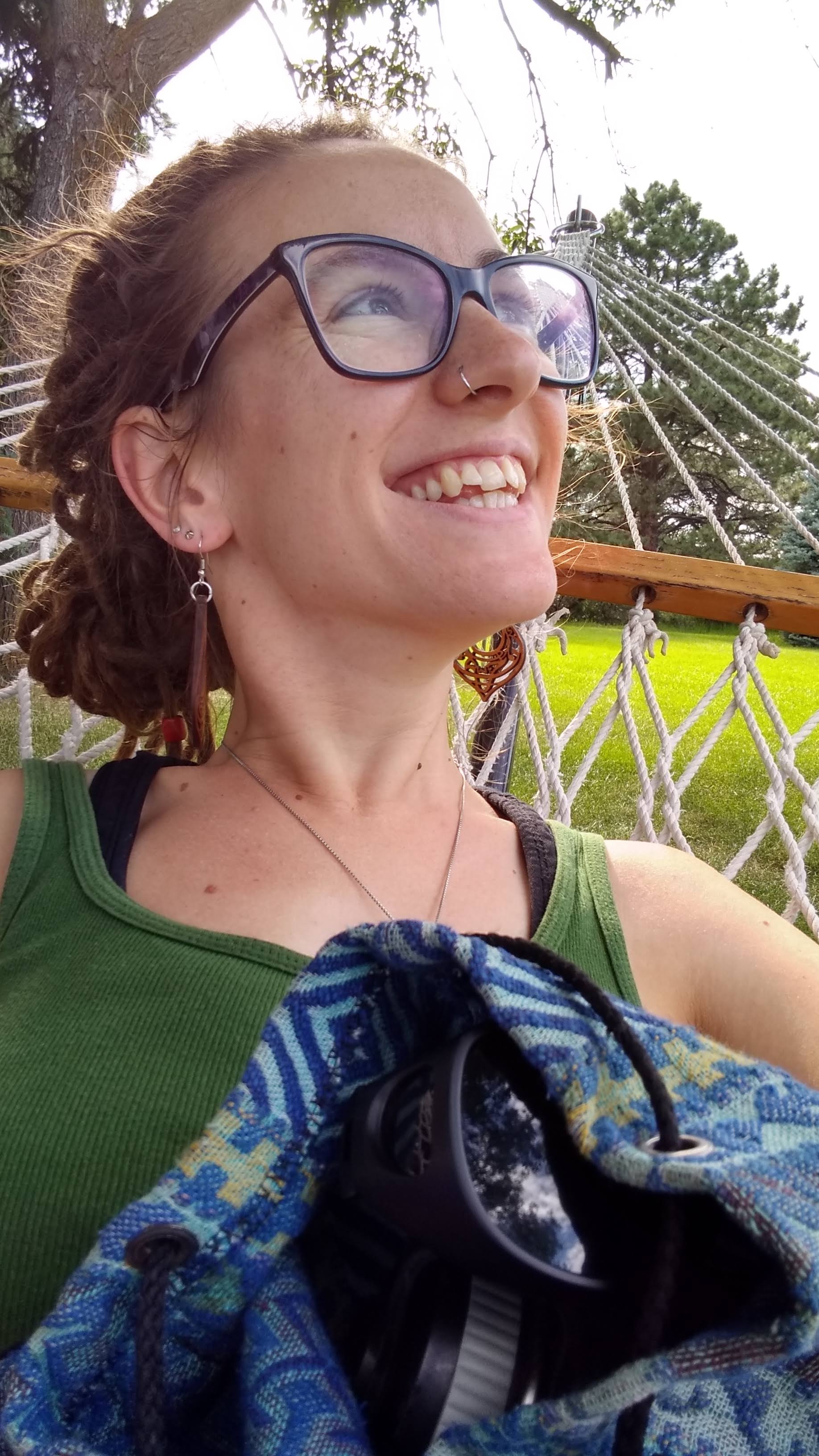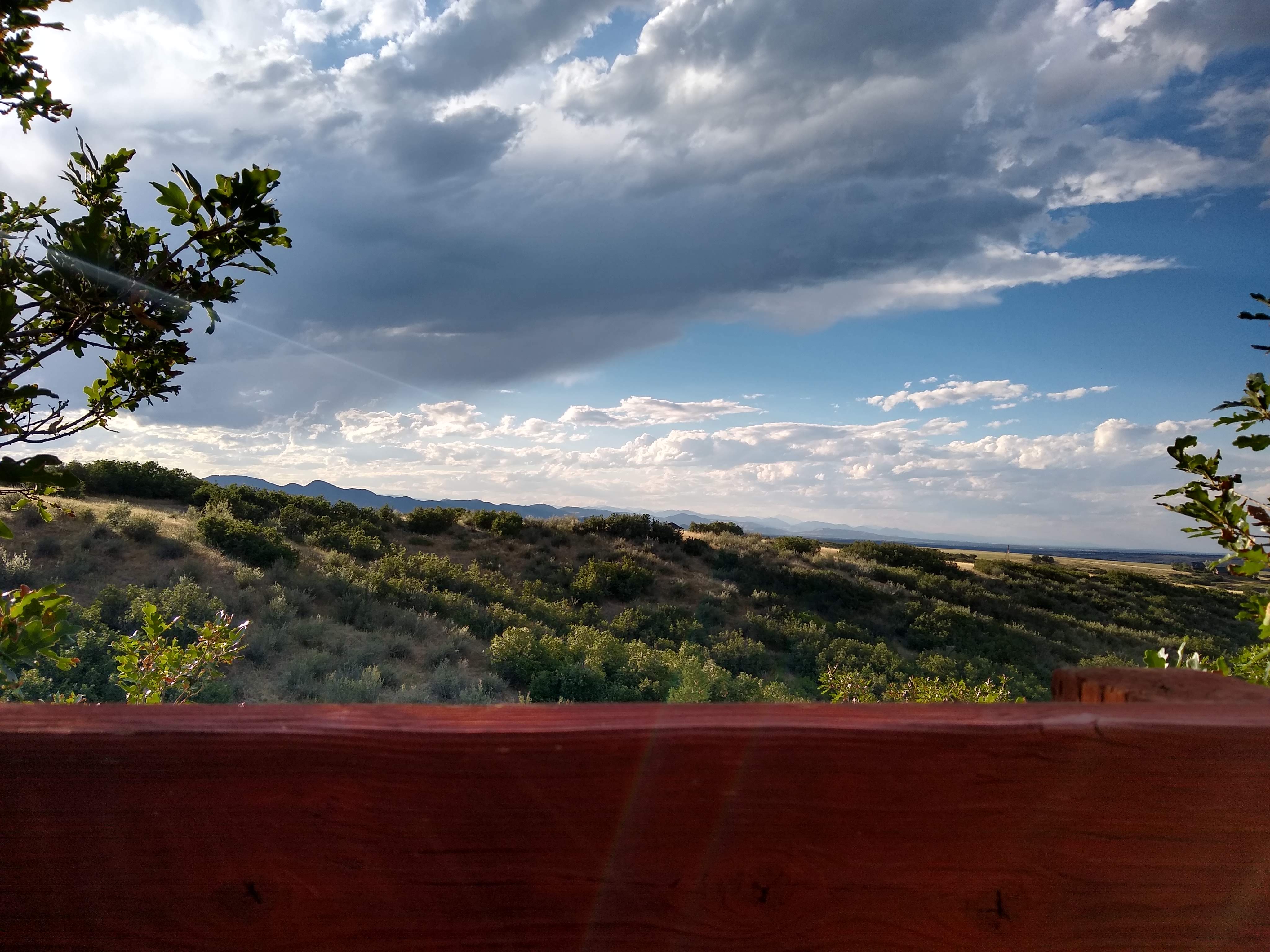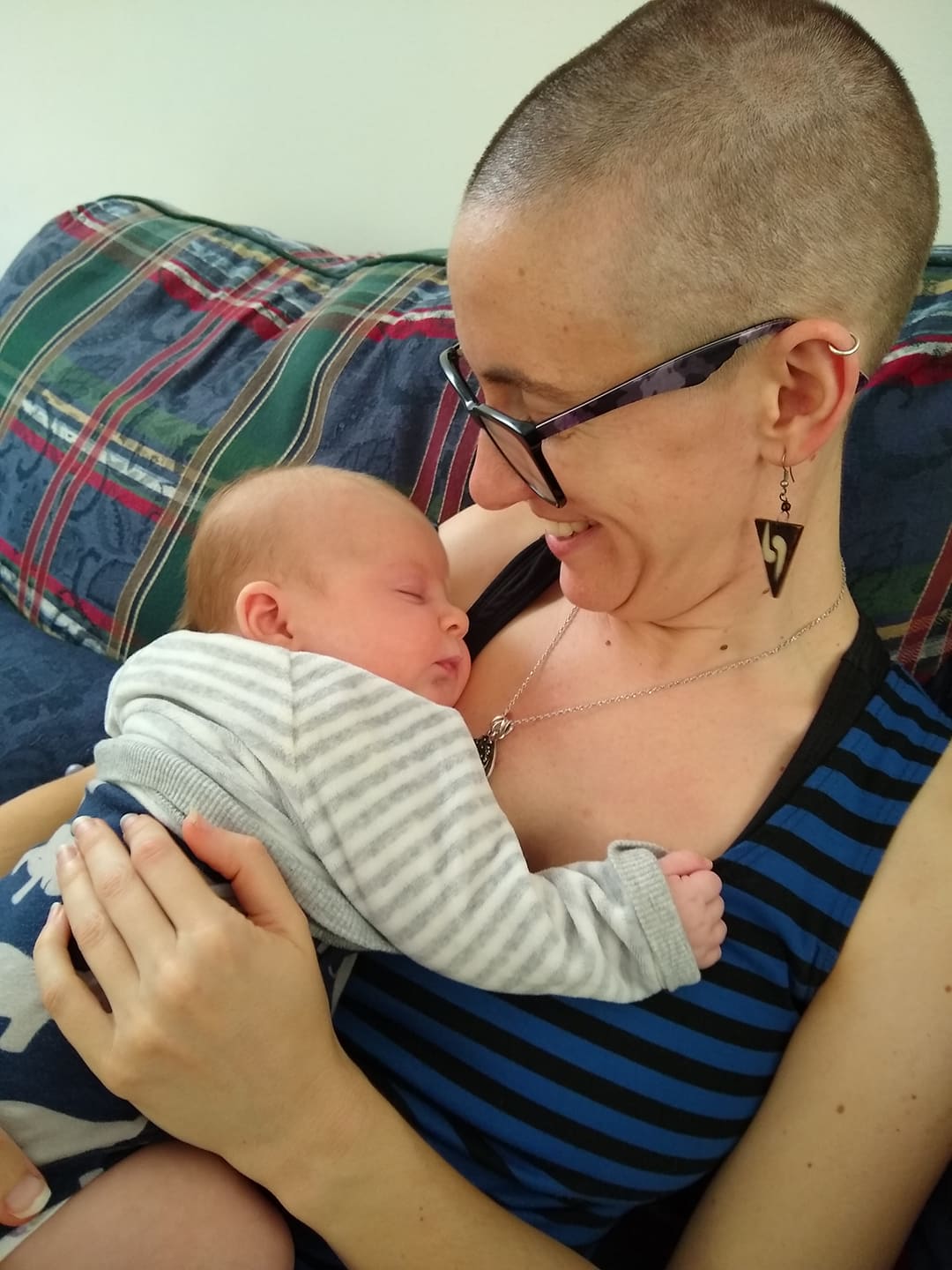Just a Palestinian child
born into occupation.
A girl, who never learned
to read the ancient scrolls.
(Not for her the sacred places,
the space by the rabbis’ feet.)
It was for her brothers to question
in the synagogues, to wrestle
with the angels of meaning,
to love the word of God.
Her place,
to be silent and obey.
But someone forgot to inform
the angel when it came, journeying
from the right hand of the Almighty.
The rabbis assumed it already
knew — no girl-child was fit
company for the divine. It was for
the patriarchs to greet the holy
guests, while wives sheltered
in their tents, roasted lamb,
baked bread. What woman could
possibly understand the theological
mysteries of covenants and
prophecies? Better to leave them
to their cooking.
When her son was small, with a head
still nestled on her shoulder, and eyes
filled with the wonder of spiders and ants
and growing things, did she show him
the flowers growing in the fields, the birds
on the wing — did she say, be at peace
little one, for the Lord of Heaven
knows your name, be at peace,
for the seed is small, but it grows
mighty, be at peace, for the breath
of God is in the world, making
sense of things? Before her son was old enough
to question the rabbis, read the words
of the scroll, spark outrage with his healings,
would he sit at his mother’s feet,
card wool with clumsy fingers, watch her
kneed yeast into bread, and listen to her sing of a God
who raised up the humble and set
the captives free?
The God of Abraham and Isaac —
and all her forefathers —
made a temple of her womb. And no one
but her cousin was present
when she broke generations of silence,
joining her namesake in praising
the redeemer of the weak.
And as she lay on the floor
of that shed (or was it the room
of a relative’s home? — the scholars
will argue, but it matters little
in the end), healing from a body
broken open, unclean from rumors
that followed her from Nazareth, clung
to a swollen belly, and unclean, too,
from the blood spilled out upon
the straw (as it would one day spill
from the body of this tiny, fragile son),
the child of God nuzzled at her breast
and suckled.
A woman’s son.
_____________________
For the first Sunday in Advent. I’m not actually sure when I wrote this poem, but it was a while ago (possibly several years). I rediscovered it recently in my drafts folder.



